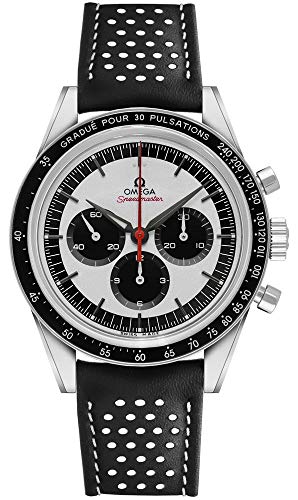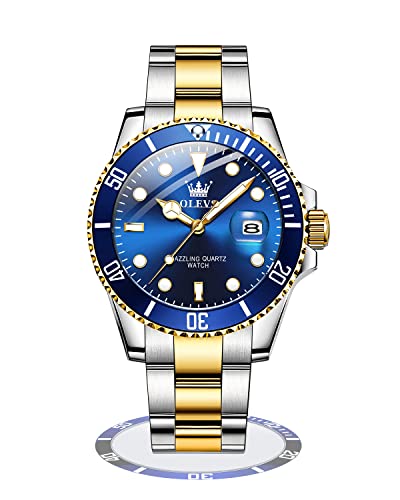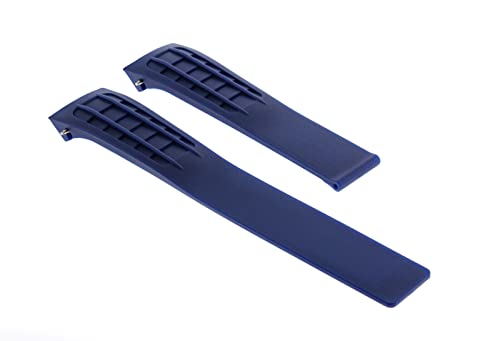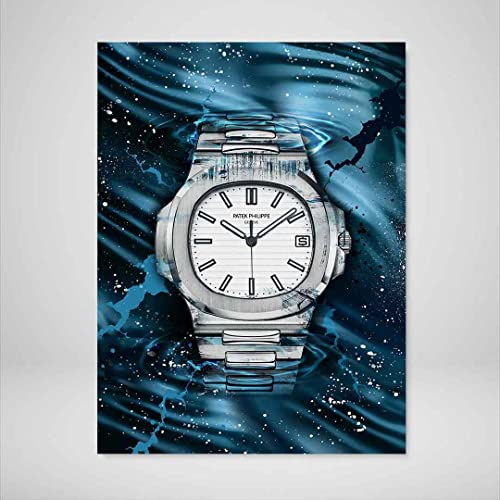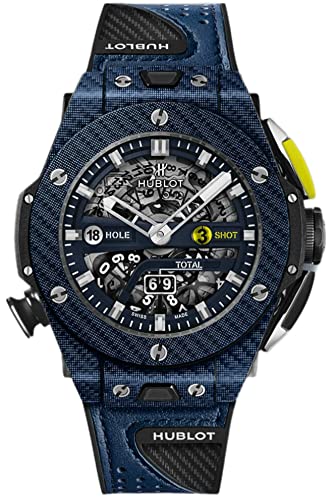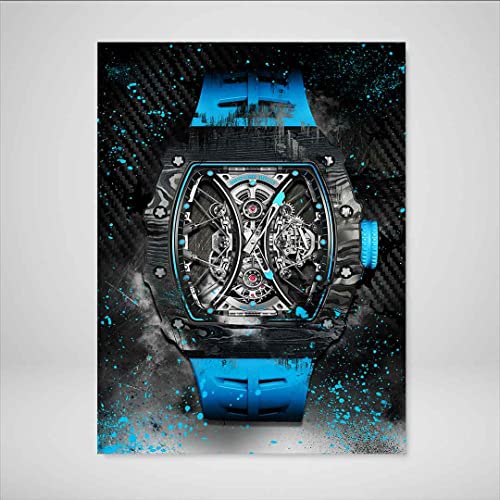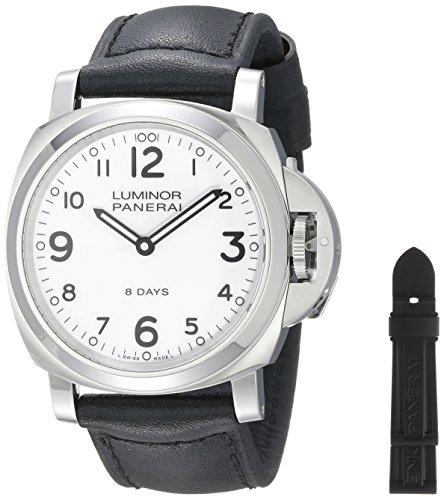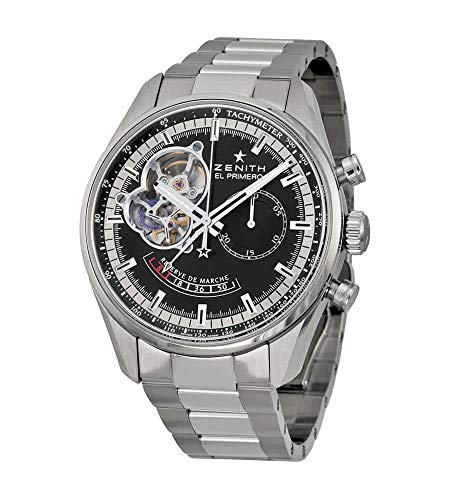This step-by-step guide aims to provide a comprehensive approach to identifying and authenticating limited-edition watches. Limited-edition watches are highly sought-after by collectors and enthusiasts due to their exclusivity and unique design features. However, with the rise of counterfeit products in the market, it has become increasingly important to be able to differentiate between a genuine limited-edition watch and a fake. This guide will walk you through the key steps and techniques to help you confidently identify and authenticate limited-edition watches, ensuring that you make informed decisions when purchasing or valuing these valuable timepieces.
Coveted Timepieces: Limited Edition Bestsellers

Research the Watch
- Collect Background Information: Start by gathering information on the limited-edition watch you want to explore. Look for details on its history, including when it was first produced and any significant events surrounding its creation.
- Identify Production Details: Dive into the production process of the watch. Find out if the limited edition comes with any unique manufacturing techniques, such as special materials or intricate craftsmanship. Pay attention to any technical specifications provided by the manufacturer.
- Highlight Unique Features: Uncover the distinguishing features that make the limited-edition watch stand out from its regular counterparts. This could include exclusive design elements, enhanced functionality, or collaborations with renowned artists or brands.
- Review Expert Opinions: Seek out reputable watch experts, forums, or publications to gain insights and reviews on the limited-edition timepiece. Consider their opinions on the watch’s performance, value, and desirability within the market.
By engaging in thorough research, you will equip yourself with valuable knowledge about the limited-edition watch, enabling you to make an informed decision before purchasing or collecting it.
Examine the Case
- Carefully inspect the watch case for any signs of inconsistency or poor craftsmanship.
- Look for accurate engravings of the brand name, model number, and any limited-edition markings.
- Check for smooth polishing, precise finishing, and any visible imperfections.
Inspect the Dial
- Carefully examine the dial of the watch and observe the brand logo, hour markers, and other printed details.
- Look for any signs of misalignment, smudging, or irregularities in the printing, as these may indicate a counterfeit watch.
- Ensure that the dial matches the specifications of the limited-edition version you are considering.
- Pay close attention to the accuracy of the printing, making sure that all elements are crisp and clear.
- Compare the dial with authenticated images or official product descriptions to confirm its authenticity.
Check the Movement
- Open the case back. Carefully flip the watch over and locate the case back. Use a case opener tool or a small screwdriver to remove the screws or pry open the case back, if possible.
- Inspect for accurate engravings. Once the case back is opened, examine the movement for any engravings. Look for precise and clear engravings of the brand name, logo, and model number.
- Verify specifications. Compare the movement to the specifications of the limited-edition model. This information can be found in the watch’s documentation or on reputable websites. Ensure that the movement aligns with the stated features, such as the type of movement, number of jewels, power reserve, and other specifications.
- Check for proper branding and craftsmanship. Assess the branding on the movement itself. Look for correct branding, such as the name of the manufacturer and any relevant marks indicating authenticity. Additionally, scrutinize the craftsmanship and check for high-quality finishing. Look for clean edges, smooth movement, and overall attention to detail.
Remember to handle the watch with care during this process and use the appropriate tools to avoid causing any damage.
Authenticate the Serial Number
To ensure the authenticity of a watch, you should follow these steps to validate the serial number:
- Consult the manufacturer or a reputable source: Reach out to the watch manufacturer directly or check their official website for information on how to authenticate the serial number. Additionally, dedicated watch authentication services or forums can provide valuable insights into the credibility of the serial number.
Example: Contact the customer support of Rolex or visit their official website to verify the serial number of your watch.
- Match the serial number to the limited-edition version: If your watch is a limited edition, compare the serial number with the specific range associated with that edition. This step ensures that the serial number is appropriate for the version of the watch you possess.
Example: If you own a limited edition Omega Speedmaster, check if the serial number falls within the designated range for that particular edition.
- Look for signs of tampering or removal: Inspect the watch for any signs of tampering or removal of the serial number. Scratches, uneven engraving, or missing digits can indicate counterfeit or altered watches.
Example: Examine the serial number engraved on the caseback of the watch under good lighting, using a magnifying glass if necessary. Ensure that the engraving is precise, clean, and matches the font used by the manufacturer.
By following these instructions, you can authenticate the serial number of your watch, ensuring its legitimacy and protecting yourself from counterfeit or tampered products.
Verify the Documentation
Review the accompanying documentation, such as the warranty card, certificate of authenticity, and any other relevant papers. Carefully examine these documents to verify that the information they contain aligns with the details of the watch you are inspecting. Look for any inconsistencies or discrepancies that may indicate a counterfeit or unauthorized release.
Consult Experts
Seek advice from experts, collectors, or authorized dealers with experience in limited-edition watches. Consult with these individuals to gain valuable insights into the authenticity and potential red flags of the timepiece. Their knowledge and expertise will help you make an informed decision and avoid any potential pitfalls.
Compare Prices
Research the market value of the limited-edition watch. Compare prices from different sellers to ensure you are getting the best deal. Exercise caution if you come across significantly lower prices, as they may be indicative of a counterfeit or fraudulent item.
Buy from Trusted Sources
- Purchase your limited-edition watch only from authorized dealers, reputable retailers, or trustworthy online platforms.
- Verify the seller’s reputation by checking reviews, ratings, and customer feedback before making a purchase.
- Avoid buying from questionable sources or unverified sellers, as this increases the risk of receiving counterfeit or misrepresented watches.
- Do thorough research on the watch model you wish to buy and compare prices from different trusted sources to ensure you are getting the best deal.
- If purchasing online, make sure the website has secure payment options and a return policy in case of any issues with the watch.
- When buying in person, carefully examine the watch for any signs of damage, tampering, or inconsistencies before making the purchase.
- Ensure that the watch comes with the appropriate documentation such as certificates of authenticity, warranty cards, and receipts to avoid any future complications.
- By following these steps, you can confidently purchase your limited-edition watch from trusted sources and minimize the risk of encountering counterfeit or misrepresented products.
Get a Second Opinion
To get a second opinion on a watch, follow these steps:
- Research reputable experts or professional watch appraisers in your area or online. Look for individuals or organizations with a solid reputation and experience in assessing the authenticity and condition of watches.
- Contact the chosen expert and provide them with all relevant information about the watch, including clear photos, serial numbers, and any supporting documentation. Be prepared to answer any additional questions they may have.
- Arrange a meeting or send the watch for evaluation to the expert. If a physical meeting is required, schedule an appointment at a convenient time and location. If shipping the watch, ensure it is properly packaged and insured for its value.
- Allow the expert time for evaluation. Depending on their schedule and workload, it may take a few days or even a couple of weeks to complete the assessment. Patience is key during this stage.
Examples:
- After finding a reputable professional watch appraiser in your area, reach out to them and share your intention of getting a second opinion on a vintage Rolex you are considering purchasing. Provide them with detailed photographs of the watch from different angles, including close-ups of the dial, caseback, and any distinguishing marks.
- Contact a knowledgeable watch expert with expertise in antique pocket watches. Describe the timepiece you wish to buy and provide them with any available information, such as the manufacturer, model, and any documentation from the seller. If possible, include clear images showcasing the watch’s distinct features.
Remember, getting a second opinion can provide valuable insight, especially when investing in high-value watches or considering vintage timepieces.
Summary and Final Thoughts
In conclusion, identifying and authenticating limited-edition watches requires careful attention to detail and a diligent approach. Thorough research, meticulous inspection, and seeking expert advice are paramount in verifying the legitimacy and value of these timepieces. By applying these strategies, watch enthusiasts and collectors can confidently navigate the market and make informed decisions when acquiring limited-edition watches.
Pro Tips
Is the ‘Special Edition’ GGG Hublot Watch Authentic or Counterfeit?
Step-by-Step Guide to Utilizing Your Limited-Edition Watch
- Start by researching and learning about different limited-edition watches to understand their significance and value
- Set a budget and stick to it. Limited-edition watches can range in price, so it’s essential to determine what you can afford and be realistic about your financial capabilities
- Connect with watch forums, communities, and experts to gain insights into the specific limited-edition watches you are interested in. Joining these platforms will provide valuable information, recommendations, and opportunities to engage with other enthusiasts
- Seek guidance from authorized dealers or reputable sellers when making a purchase. Limited-edition watches are often targeted by counterfeiters, so it’s crucial to buy from trusted sources to ensure authenticity and quality
- Take care of your limited-edition watch by following maintenance instructions provided by the manufacturer. Regular cleaning, servicing, and proper storage will help preserve its condition and long-term value



